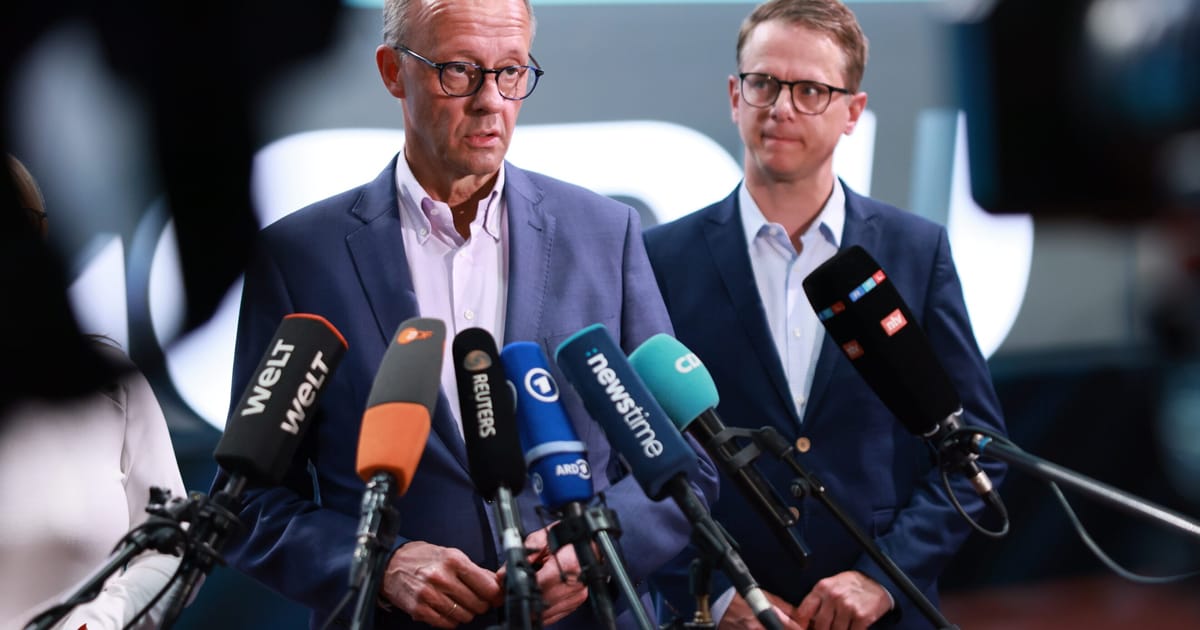Merz has also created a new Ministry for Digitalization, choosing physicist and tech executive Karsten Wildberger to push overdue digital reforms in government.
Cultural and media affairs will be steered by Wolfram Weimer, a well-known journalist and publisher. Christiane Schenderlein, a Bundestag member with experience in cultural policy, becomes state minister for sport and volunteer engagement.
On European affairs, Merz appointed strong voices from his conservative Christian Democratic Union: Serap Güler joins the Foreign Ministry as state minister for international cooperation, while Gunther Krichbaum, a veteran on EU policy, takes the role of state minister for European affairs.
Finally, Thorsten Frei — a key Merz ally and former CDU/CSU parliamentary manager — will become head of the Chancellery, a powerful role akin to a chief of staff. Frei will be responsible for coordinating government operations and ensuring Cabinet discipline, a critical post as Merz seeks to push through his ambitious domestic and security agenda.
The CDU’s conservative Bavarian sister party, the Christian Social Union (CSU), is set to head three ministries. Alexander Dobrindt, who led the CSU state group in parliament and was one of the key negotiators in coalition talks, will become the country’s next interior minister.
Dorothee Bär, one of the most prominent conservative female lawmakers, is set to lead the research and space ministry. Alois Rainer, a trained butcher, longtime mayor and finance expert, is tapped to become agriculture minister.
